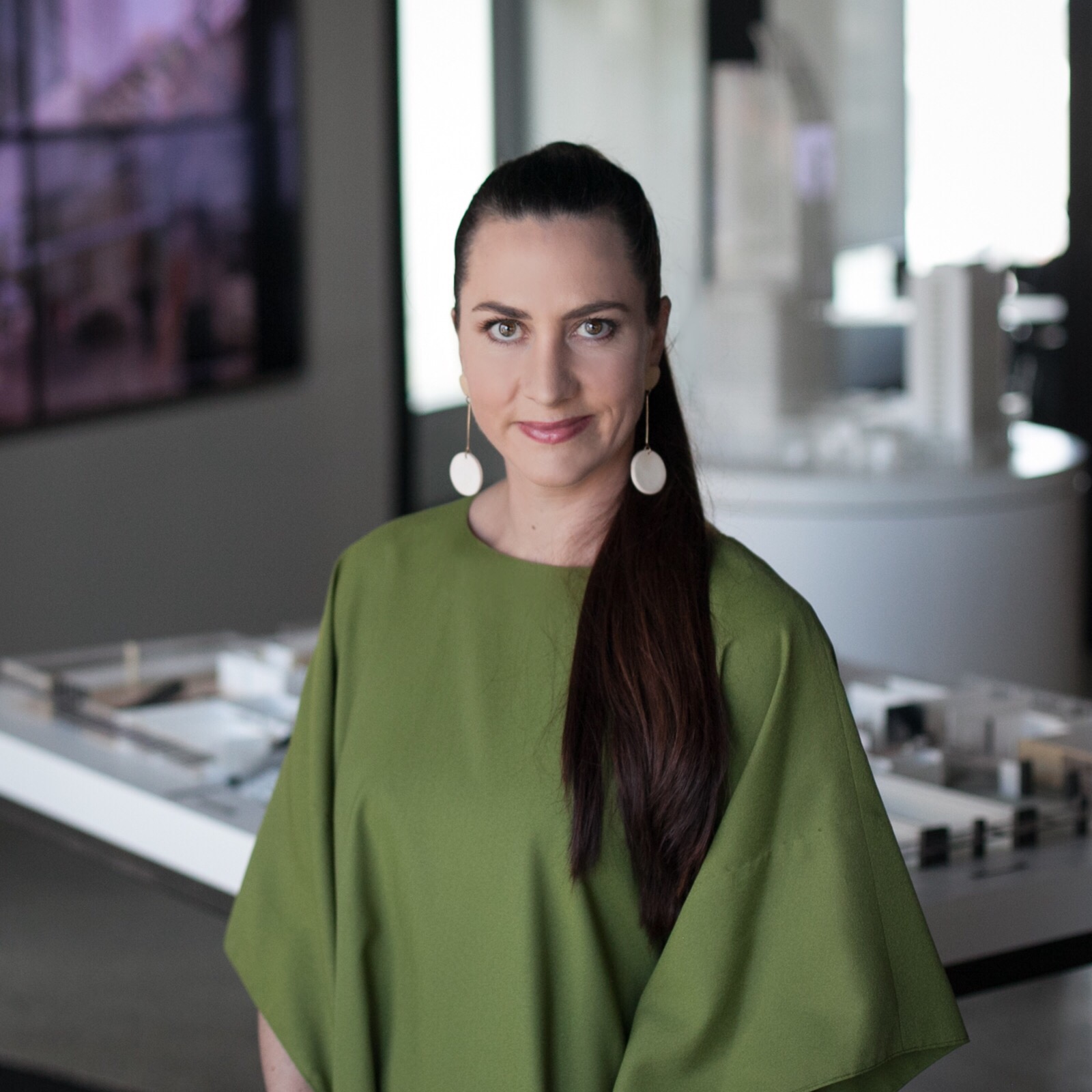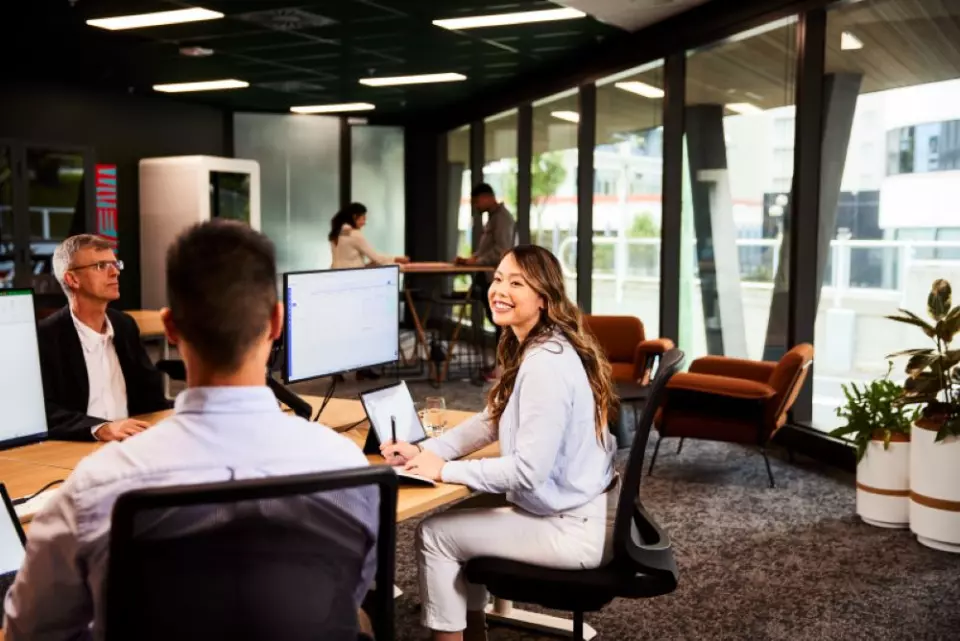Flexible workspaces on the rise, attracting staff to the office and boosting engagement.
New Zealand and global companies - including some medium to large businesses, are increasingly placing staff in coworking spaces where they get the benefits of a more flexible “lease” arrangement and rub shoulders with other like-minded businesses.
Generator General Manager Lauren Joyce says a report released by Bayleys earlier this month adds further weight to the fact the idea is gaining traction. The real estate agency’s annual co-working report revealed that flexible workspace throughout the country sits at 106,052sqm (in 111 sites), an increase of 11 per cent on 2022.
Premium spaces encourage WFW
Joyce says moving to premium shared workspaces with the buzz of onsite cafes, bars and community event areas is proving to be a powerful antidote to the pull of working from home.
“Having space in a premium location helps attract people to come to the office and many of our members are reporting boosts in engagement, in-person collaboration and staff retention as a result,” she says. “We’ve certainly seen a significant growth in our client base since the pandemic.
“The pendulum is swinging back to work-from-work, with people choosing to come into the office for all the right reasons. Businesses are choosing modern buildings that deliver great design, amenity, and sustainability credentials in prime locations to draw staff back to the office.”

Lauren Joyce, General Manager / Photo supplied.
While there will always be a place for the traditional office lease, Joyce says flexible workspaces – where businesses can have their own private suite and desk space is rationalised – can be better suited to a hybrid work from home/work from the office workforce. They also offer the flexibility to quickly scale up or down to accommodate changes in staffing levels.
She says on days where more staff are working from the office (as opposed to working from home), they can utilise shared overflow workspaces such as meeting rooms, breakout pods and hot desks. As Generator offers a membership model rather than a fixed office lease, the arrangement has the benefit of shifting liability off the balance sheet and into operational expenditure.
In good company
It isn’t just smaller companies utilising flexi space: “Usually, shared workspaces are seen as the domain of SMEs (small-to-medium enterprises) and start-ups, but they’re increasingly popular with large corporate businesses too - we have suites suitable for up to 60 workstations. For a business operation as a hybrid model, that could easily work for a team of 100.
“Companies such as IBM, EY, Hewlett-Packard and Toitū typically opt for their own private office space within a Generator building, furnished with fewer desks than their total staff numbers,” Joyce says. “We think these big companies are recognising they don’t need the large footprint they used to have.”
Joyce says 13 of its members are from Fortune 500 companies and she believes these and other big corporate players are also seeing that shared workspace creates the ability to network with other companies.
“We have had other businesses that work with IBM attracted to the concept, for example, and networking is something we try to foster – for big and small companies – as it gives them the opportunity to meet other businesses, learn from each other and even strike deals.
“Global and large local businesses are also recognising the benefits in Generator providing large, fully fitted-out managed office suite options – freeing up their balance sheet in uncertain economic times.”
Generator is wholly owned by Precinct Properties; this partnership means that Generator can tap into Precinct’s premium office spaces in Auckland and Wellington: “We can tailor managed suites to businesses that require a reduced term and liability and also want that service overlay.
“We are seeing businesses entering the New Zealand market for the first-time choosing Generator. Generator enables them to focus on their business rather than the admin of setting up a new office with all IT and office support taken care of. They can scale when they are ready, rather than committing to a long-term lease based on a future predicted headcount. “
Generator Growth
Generator has 17,000sq m of flexible office space across five sites – two in Wellington and three in Auckland; Joyce says they have an occupancy rate of around 82 per cent across this portfolio.
While this doesn't include Generator’s additional managed suites or its standalone meeting and event suites in Commercial Bay in Auckland, it does have an additional 1828sq m mixed use under development in Wynyard Quarter – Pipiri Lane.
Due for completion in 2025, it is part of Precinct Properties Wynyard Quayside development and will be Generator’s sixth location. It will offer a limited number of private offices, coworking, member lounge and a large meeting and events suite.
“It has been a record few months for our business and demand for office and events continues to grow,” Joyce says. “We are receiving a steady flow of inquiries from existing and new members for more spaces across New Zealand and, like many of our members, we are always exploring new markets and opportunities.”
For more information go to: generatornz.com/shifttosmart
Download your free guide on how to hybrid for happy people and a healthy balance sheet.






